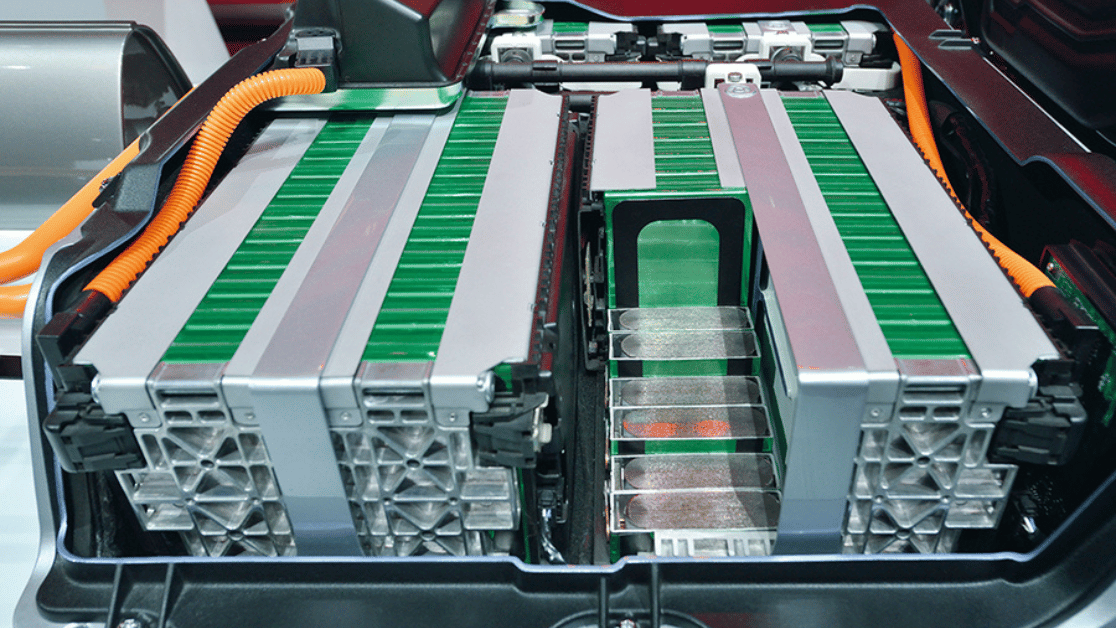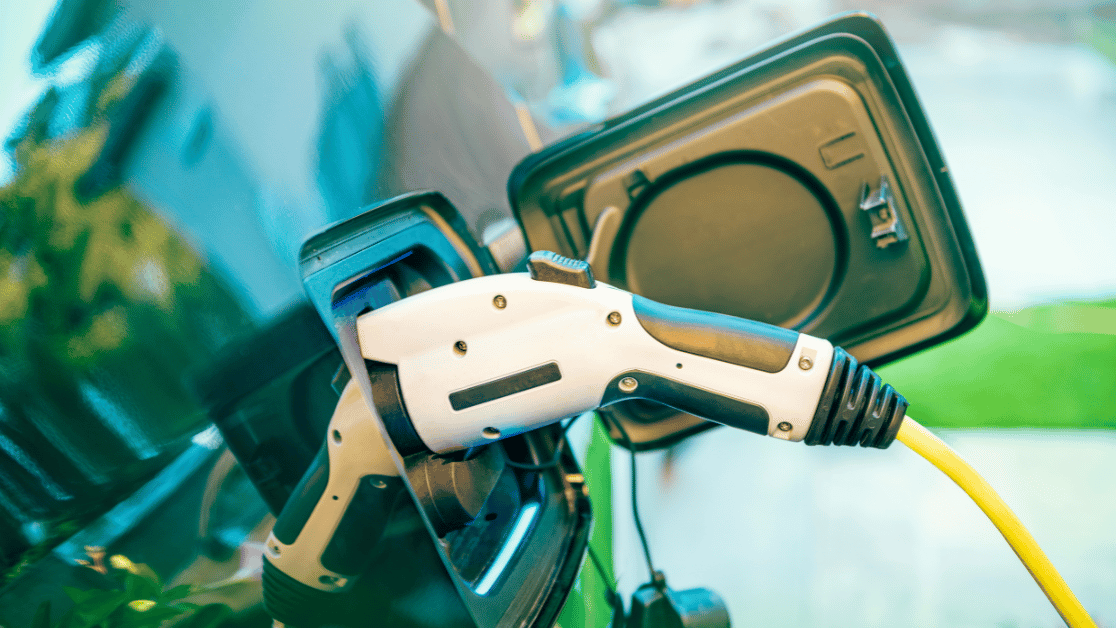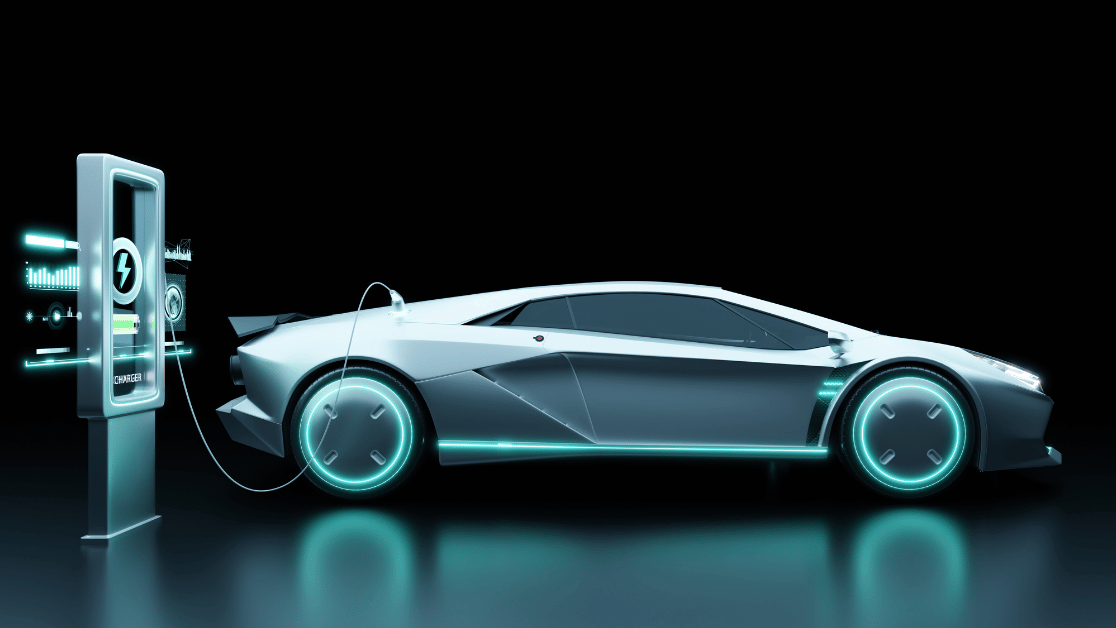The electric vehicle (EV) industry is undergoing a transformative phase, driven by the pursuit of better and more efficient battery technology. With the limitations of current lithium-ion batteries becoming apparent, researchers, start-ups, and automakers are racing to develop breakthrough innovations. In this blog post, we will explore some of the exciting advancements in EV battery technology that promise to eliminate range anxiety, shorten charging times, and make owning an EV more accessible than ever before.
Revolutionary Advances in EV Battery Technology
- Batteries as Structural Components
- Carbon Nanotube Electrodes
- Cobalt-Free Batteries
- Silicon Anode Batteries
- Battery Extracted from Seawater
- Sand Batteries Offer Extended Life
- Powering EVs with Wi-Fi
- Over-the-Air Ultrasound Charging
- Charge Your Car in 5 Minutes
- Batteries that Never Die
1. Batteries as Structural Components
Researchers at Chalmers University of Technology are pioneering the concept of using batteries as structural components in electric cars. By integrating carbon fiber as the negative electrode and lithium iron phosphate as the positive electrode, these batteries provide both structural rigidity and improved energy storage capabilities.


2. Carbon Nanotube Electrodes
NAWA Technologies has developed an Ultra-Fast Carbon Electrode based on vertically aligned carbon nanotubes. This innovation offers a significant boost in battery power, three times the energy storage capacity, and an extended battery lifespan. NAWA predicts that their technology will enable an 80 percent charge in just five minutes, potentially entering production as early as 2023.
3. Cobalt-Free Batteries
To address the scarcity, cost, and environmental concerns associated with cobalt, researchers at the University of Texas have developed a lithium-ion battery that replaces cobalt with up to 89 percent nickel, along with aluminum and manganese. Similarly, SVOLT, a Chinese company, is manufacturing cobalt-free batteries with higher energy density and a range of up to 500 miles on a single charge.


4. Silicon Anode Batteries
Researchers at the University of Eastern Finland have made progress in stabilizing silicon in lithium-ion batteries. Their hybrid anode, which combines mesoporous silicon microparticles and carbon nanotubes, has the potential to significantly enhance battery performance by utilizing silicon’s higher capacity. Importantly, the silicon used in these batteries is sourced from environmentally friendly barley husk ash.
5. Battery Extracted from Seawater
IBM Research has introduced a battery chemistry that surpasses lithium-ion batteries in terms of cost-efficiency, charging speed, and energy density. The materials for these batteries are extracted from seawater, making them cheaper to produce. IBM is collaborating with Mercedes-Benz to further develop this technology for future EV applications.


6. Sand Batteries Offer Extended Life
Researchers at the University of California Riverside are exploring battery technology that incorporates sand to create pure silicon, offering three times better performance than current graphite-based lithium-ion batteries. Sila Nano, a battery startup funded by Daimler and BMW, aims to commercialize this technology, promising a 40 percent boost in battery performance.
7. Powering EVs with Wi-Fi
Although still in the early stages of development, researchers have created a radio wave harvesting antenna using molybdenum disulfide (MoS2). This technology aims to recharge EVs over Wi-Fi by converting AC power into DC power, eliminating the need for physical charging. While the feasibility and safety aspects are still being researched, the concept holds promise for the future.


8. Over-the-Air Ultrasound Charging
A company called uBeam is experimenting with ultrasound technology to transmit power wirelessly to devices, including EVs. By converting power into sound waves, it can be beamed to the EV and then converted back into usable energy. While currently focused on smartphones and laptops, uBeam’s ultrasound charging may have future implications for EVs as well.
9. Charge Your Car in 5 Minutes
StoreDot, a start-up born from Tel Aviv University’s nanotech department, has developed a charger using organic peptide compounds. This charger can recharge smartphones in just 60 seconds and is non-flammable for safer charging. StoreDot is also working on EV batteries that charge in five minutes and offer a range of 300 miles.


10. Batteries that Never Die
Scientists at the University of California are researching nanowire batteries that show incredible durability. These gold nanowires, thousands of times thinner than a human hair, have been tested on over 200,000 recharging cycles without degradation. This technology holds the potential for long-lasting and reliable batteries for EVs.
Conclusion
The EV industry is poised for significant growth in the coming years, with electric vehicles projected to comprise a substantial portion of car sales. The advancements in battery technology outlined in this blog post demonstrate the immense progress being made to address the limitations of current lithium-ion batteries. From cobalt-free batteries and silicon anodes to wireless charging and extended battery life, these innovations pave the way for EVs with longer ranges, shorter charging times, and improved sustainability. As we witness this battery revolution unfold, stay tuned to GreenCars for the latest updates on the exciting technologies driving the EV transportation revolution.
Tags:
